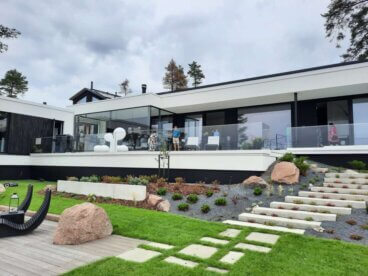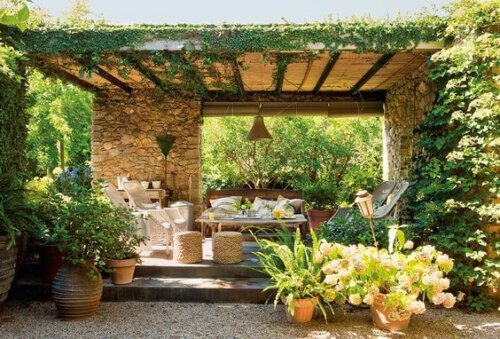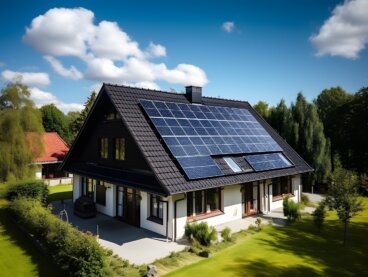Create Your Own Urban Garden on Your Terrace
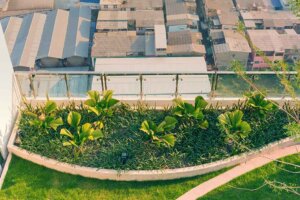
Have you ever thought of creating an urban garden on your terrace? If you like urban agriculture and enjoy food grown by your own hands, keep reading! We’re going to tell you how to develop this idea.
With proper care, you can have organic fruits and fresh vegetables every day. This will allow you to create a healthy diet for both you and your family.
In this article, you’ll discover that space isn’t a limitation when there’s creativity and enthusiasm to carry out a project. We’ll explain all of the advantages of having a garden like this at home and give you some ideas so you know how to start.
What is an urban garden?
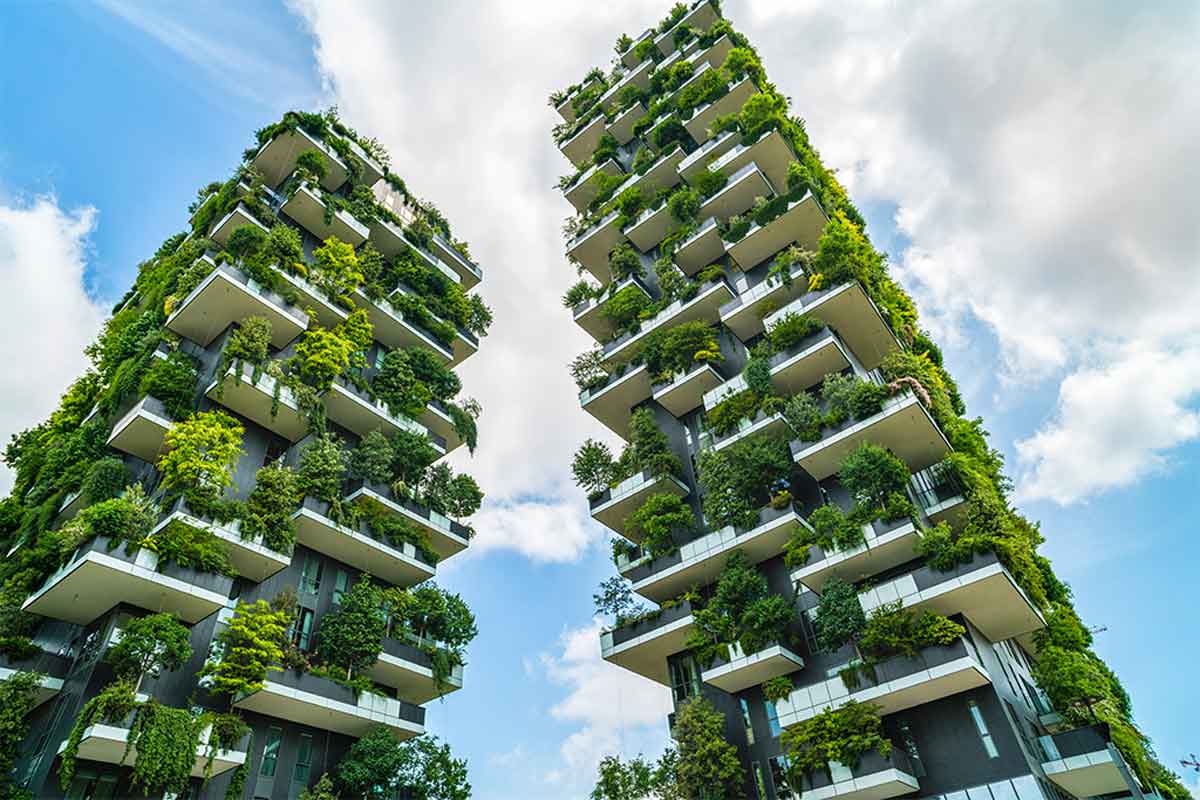
An urban garden is a sustainable cultivation system that’s created in cities where there aren’t many available green spaces to grow your own food. Urban gardens develop on terraces, rooftops, and smaller gardens where aromatic plants, vegetables, salad greens, and fruits can grow.
Urban gardens were born in response to concerns about the shortage of supplies in large cities as a result of government decisions and natural disasters that cause difficulties in growing and transporting basic foods.
Benefits of having an urban garden on your terrace
The first benefit of having an urban garden on your terrace is the unrestricted availability of healthy and organic food. For this, it’s essential to use native seeds, which you can obtain in organic markets. It’s also important to use organic fertilizers and 100 percent natural compost.
As experts indicate, here are the other benefits of having an urban garden:
- It improves the quality of your diet because you’ll consume foods that retain their natural properties and are processed more easily by the body.
- You’ll contribute to reducing global warming. Thanks to plants, an oxygen exchange occurs and this reduces temperature fluctuations.
- It helps to improve air quality as plants have the ability to breathe carbon dioxide and exhale clean oxygen.
- Build a better relationship with nature by understanding the processes of agriculture. You’ll also understand food costs and appreciate how important food growers are in our society.
- It encourages self-sufficiency by growing produce that you can eat.
Create an urban garden on your terrace
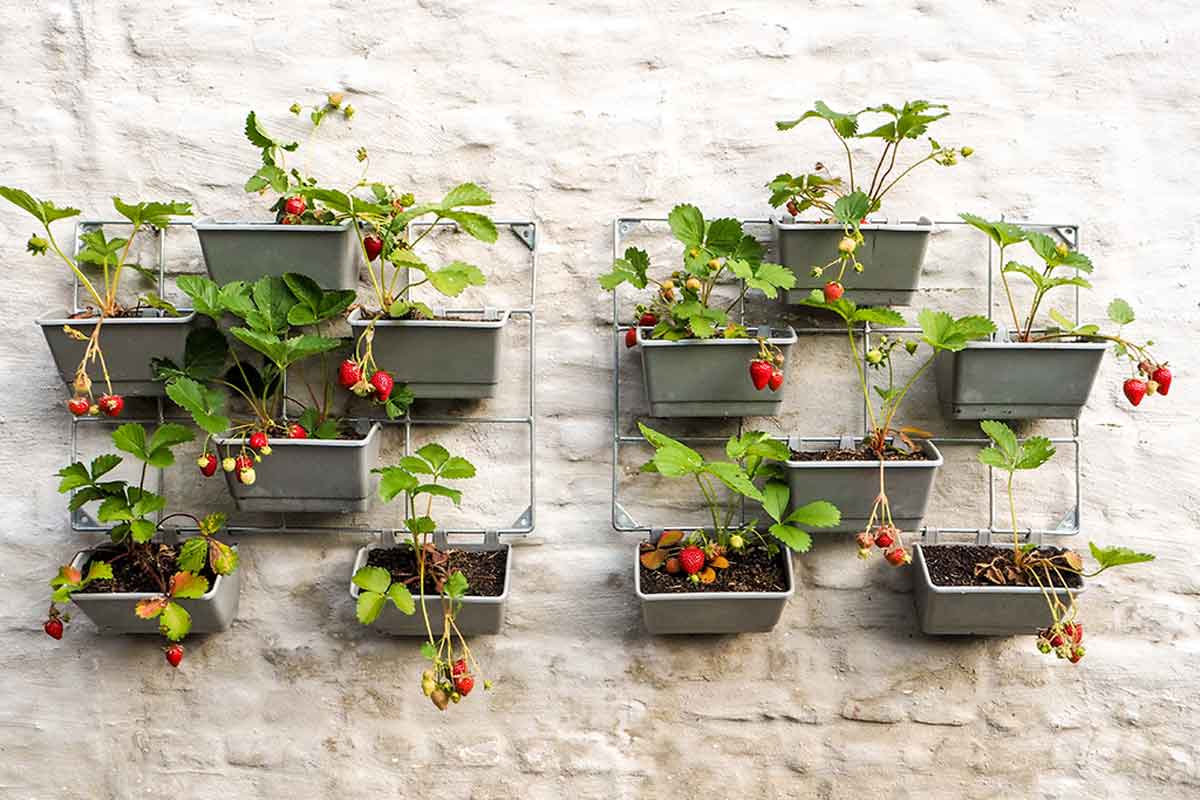
You don’t need to be a skilled gardener or farmer to create your own urban garden on your terrace. You can learn specialized techniques via free online courses or you can visit an urban garden in your city to enjoy a natural agricultural experience firsthand.
The good thing about urban gardens is that they don’t require a lot of technical work. Intuitive knowledge, the use of basic, natural elements, and the love that you devote will prevail. Although there are no studies to support it, plants generally respond to the care of the hands that harvest them.
Here are some tips that can guide you and with which you can start your project:
Choose the right type for your terrace
There are different types of urban gardens that you can have on your terrace. It depends on the space you have available and, therefore, how big you want your crop to be. You also have to consider the type of plants you want to have.
Grow tables
Grow tables are a different and suitable alternative for people with little space. It’s also an option for older adults who enjoy this type of activity, but who can’t physically bend down or make this type of effort.
It consists of creating wooden, PVC, or steel tables with space to place the soil and plant the plants. Ideally, they should have wheels to enable you to easily change their location depending on the weather conditions.
Moreover, these tables have other advantages too, including a good drainage system that avoids damage from overwatering or flooding.
Urban soil gardens on your terrace
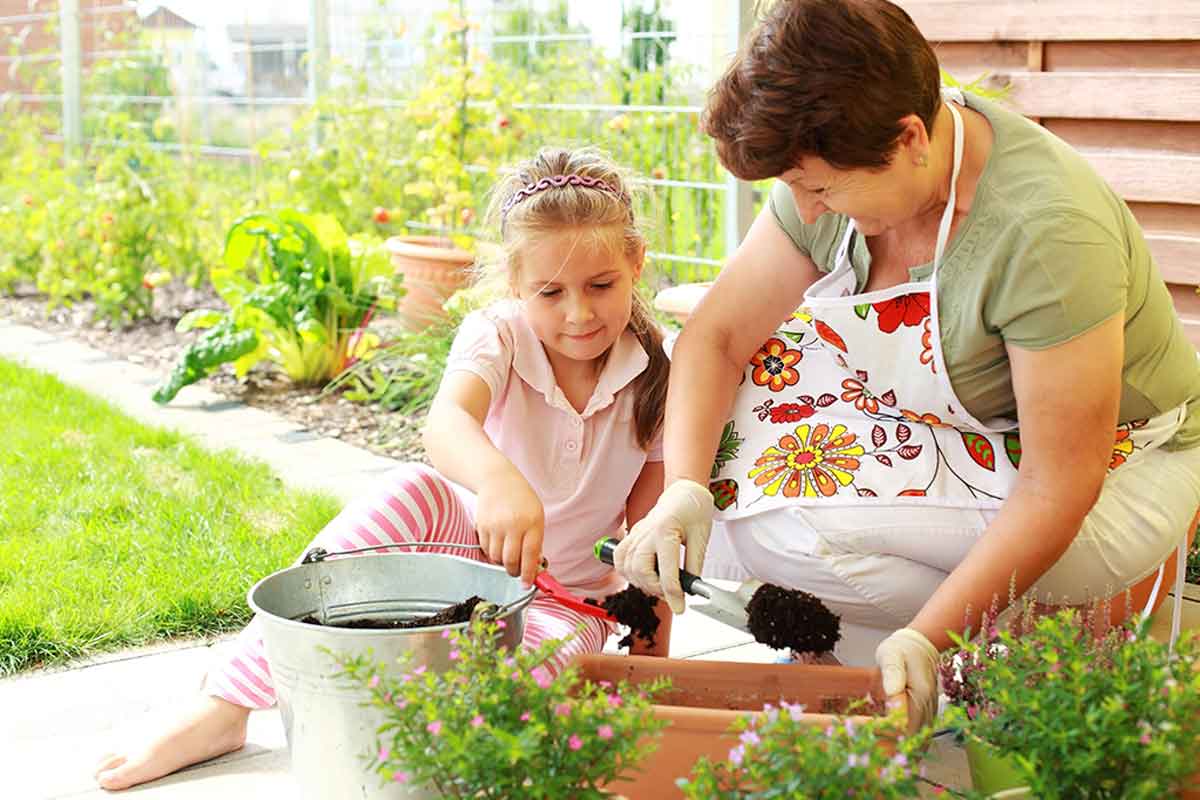
This type of urban garden is ideal for a large terrace and for people with a lot of energy. They allow plants, vegetables, and fruits to be grown at ground level in cultivation boxes. This makes it much easier to maintain the garden.
You can choose boxes or trays, although this does depend on the type of plants to be sown. The only downside is that the drainage creates water trails that you’ll need to clean up.
Vertical urban garden
These types of urban gardens are the most widely used since they allow you to optimize the available space. They’re the best option when we talk about a small terrace. However, this doesn’t mean that you should only culture one type of plant; trays are used at different levels and each one can contain a different product.
Its advantages include easy drainage and maintenance. In addition, there are some models of wood, PVC, or mesh, so you’ll also enjoy a decorative and functional element at the same time.
Grow high-consumption produce at home
Grow the foods that you consume the most in your urban garden. You can grow tomatoes, onions, bell peppers, lettuce, strawberries, lemons, and different aromatic herbs. It all depends on your tastes.
Collect the products that you’re going to consume each day or do a general harvest, trying not to create any waste. If a group of you each create an urban garden consider sharing produce and creating a collective economy that benefits you all.
Ready to have your own urban garden?
Having an urban garden on your terrace takes time and requires dedication. It’s a beautiful idea that contributes to better eating habits and helps the planet.
Remember to educate yourself and acquire new knowledge to improve the process. Lastly, just enjoy all of your products grown with love!
Have you ever thought of creating an urban garden on your terrace? If you like urban agriculture and enjoy food grown by your own hands, keep reading! We’re going to tell you how to develop this idea.
With proper care, you can have organic fruits and fresh vegetables every day. This will allow you to create a healthy diet for both you and your family.
In this article, you’ll discover that space isn’t a limitation when there’s creativity and enthusiasm to carry out a project. We’ll explain all of the advantages of having a garden like this at home and give you some ideas so you know how to start.
What is an urban garden?

An urban garden is a sustainable cultivation system that’s created in cities where there aren’t many available green spaces to grow your own food. Urban gardens develop on terraces, rooftops, and smaller gardens where aromatic plants, vegetables, salad greens, and fruits can grow.
Urban gardens were born in response to concerns about the shortage of supplies in large cities as a result of government decisions and natural disasters that cause difficulties in growing and transporting basic foods.
Benefits of having an urban garden on your terrace
The first benefit of having an urban garden on your terrace is the unrestricted availability of healthy and organic food. For this, it’s essential to use native seeds, which you can obtain in organic markets. It’s also important to use organic fertilizers and 100 percent natural compost.
As experts indicate, here are the other benefits of having an urban garden:
- It improves the quality of your diet because you’ll consume foods that retain their natural properties and are processed more easily by the body.
- You’ll contribute to reducing global warming. Thanks to plants, an oxygen exchange occurs and this reduces temperature fluctuations.
- It helps to improve air quality as plants have the ability to breathe carbon dioxide and exhale clean oxygen.
- Build a better relationship with nature by understanding the processes of agriculture. You’ll also understand food costs and appreciate how important food growers are in our society.
- It encourages self-sufficiency by growing produce that you can eat.
Create an urban garden on your terrace

You don’t need to be a skilled gardener or farmer to create your own urban garden on your terrace. You can learn specialized techniques via free online courses or you can visit an urban garden in your city to enjoy a natural agricultural experience firsthand.
The good thing about urban gardens is that they don’t require a lot of technical work. Intuitive knowledge, the use of basic, natural elements, and the love that you devote will prevail. Although there are no studies to support it, plants generally respond to the care of the hands that harvest them.
Here are some tips that can guide you and with which you can start your project:
Choose the right type for your terrace
There are different types of urban gardens that you can have on your terrace. It depends on the space you have available and, therefore, how big you want your crop to be. You also have to consider the type of plants you want to have.
Grow tables
Grow tables are a different and suitable alternative for people with little space. It’s also an option for older adults who enjoy this type of activity, but who can’t physically bend down or make this type of effort.
It consists of creating wooden, PVC, or steel tables with space to place the soil and plant the plants. Ideally, they should have wheels to enable you to easily change their location depending on the weather conditions.
Moreover, these tables have other advantages too, including a good drainage system that avoids damage from overwatering or flooding.
Urban soil gardens on your terrace

This type of urban garden is ideal for a large terrace and for people with a lot of energy. They allow plants, vegetables, and fruits to be grown at ground level in cultivation boxes. This makes it much easier to maintain the garden.
You can choose boxes or trays, although this does depend on the type of plants to be sown. The only downside is that the drainage creates water trails that you’ll need to clean up.
Vertical urban garden
These types of urban gardens are the most widely used since they allow you to optimize the available space. They’re the best option when we talk about a small terrace. However, this doesn’t mean that you should only culture one type of plant; trays are used at different levels and each one can contain a different product.
Its advantages include easy drainage and maintenance. In addition, there are some models of wood, PVC, or mesh, so you’ll also enjoy a decorative and functional element at the same time.
Grow high-consumption produce at home
Grow the foods that you consume the most in your urban garden. You can grow tomatoes, onions, bell peppers, lettuce, strawberries, lemons, and different aromatic herbs. It all depends on your tastes.
Collect the products that you’re going to consume each day or do a general harvest, trying not to create any waste. If a group of you each create an urban garden consider sharing produce and creating a collective economy that benefits you all.
Ready to have your own urban garden?
Having an urban garden on your terrace takes time and requires dedication. It’s a beautiful idea that contributes to better eating habits and helps the planet.
Remember to educate yourself and acquire new knowledge to improve the process. Lastly, just enjoy all of your products grown with love!
All cited sources were thoroughly reviewed by our team to ensure their quality, reliability, currency, and validity. The bibliography of this article was considered reliable and of academic or scientific accuracy.
- González, G., González, A., Dzib, D. Los beneficios para la salud, medioambiente y economía familiar de la agricultura urbana.


